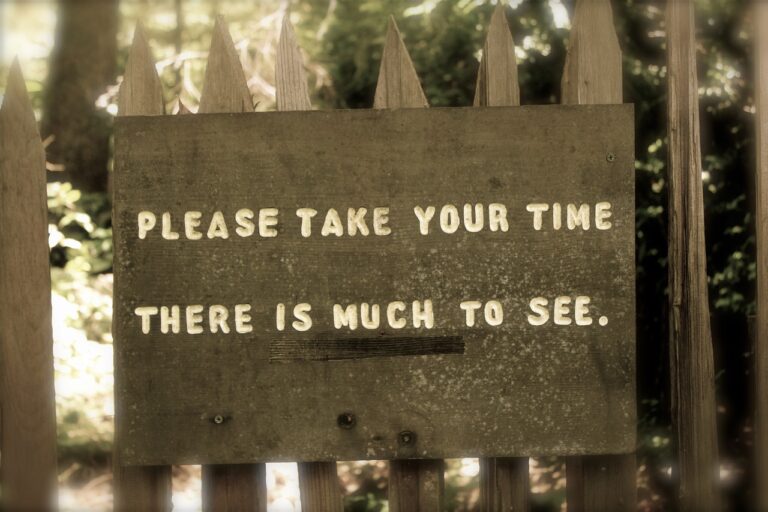The Role of Community Gardens in Social Connection and Food Equity: Laser247. com cricket, Lotus365 vip login, Sky247
laser247. com cricket, lotus365 vip login, sky247: The Role of Community Gardens in Social Connection and Food Equity
Community gardens play a crucial role in fostering social connections and promoting food equity within neighborhoods. These shared green spaces bring people together, providing a platform for individuals to connect with nature, learn about sustainable gardening practices, and access fresh produce. In this blog post, we will explore the importance of community gardens in building stronger communities and addressing food insecurity.
Creating a Sense of Community
One of the key benefits of community gardens is their ability to bring people from diverse backgrounds together. These shared spaces provide a platform for individuals to connect, share knowledge, and work towards a common goal. Whether it’s planting seeds, weeding, or harvesting crops, community gardeners come together to nurture the garden and build relationships with one another.
Promoting Food Equity
Community gardens also play a crucial role in addressing food equity issues within neighborhoods. These green spaces provide access to fresh, healthy produce for individuals who may not have access to grocery stores or farmers’ markets. By growing their own fruits and vegetables, community gardeners can supplement their diets with nutritious foods, improving their overall health and well-being.
Educating and Empowering Communities
In addition to promoting social connections and food equity, community gardens serve as educational platforms for individuals to learn about sustainable gardening practices. Through workshops, classes, and hands-on experience, community gardeners can build their skills and knowledge in growing their own food. This empowerment not only benefits individuals but also contributes to building more resilient and self-sufficient communities.
Enhancing Urban Spaces
Moreover, community gardens help enhance urban spaces, transforming vacant lots or neglected areas into vibrant green spaces. These gardens not only beautify neighborhoods but also contribute to environmental sustainability by promoting biodiversity, reducing pollution, and mitigating the urban heat island effect.
FAQs
1. How can I get involved in a community garden?
You can get involved in a community garden by reaching out to local organizations, churches, or community centers that coordinate garden programs. You can also connect with existing community gardeners in your area to learn about opportunities to participate.
2. Are community gardens only for experienced gardeners?
No, community gardens welcome individuals of all skill levels, from beginners to experienced gardeners. These shared spaces are meant to be inclusive, providing opportunities for learning, growth, and collaboration.
3. Can community gardens help address food insecurity?
Yes, community gardens play a crucial role in addressing food insecurity by providing access to fresh produce for individuals who may not have access to healthy foods. By growing their own fruits and vegetables, community gardeners can supplement their diets and improve their overall well-being.
In conclusion, community gardens play a vital role in promoting social connection, food equity, and community empowerment. These shared green spaces bring people together, educate individuals about sustainable gardening practices, and contribute to building healthier and more resilient communities. By supporting and participating in community gardens, we can work towards creating a more sustainable and equitable food system for all.







